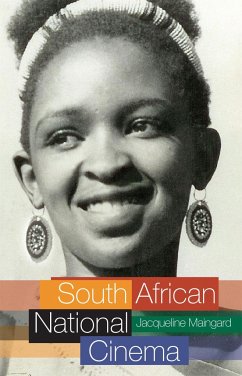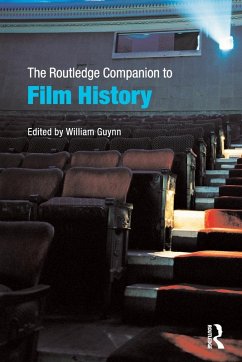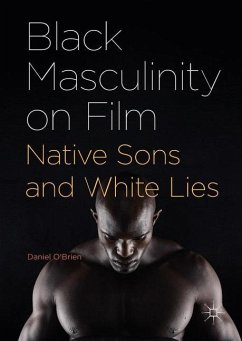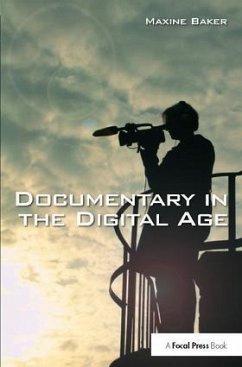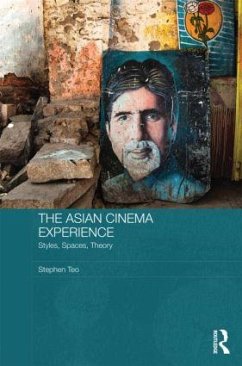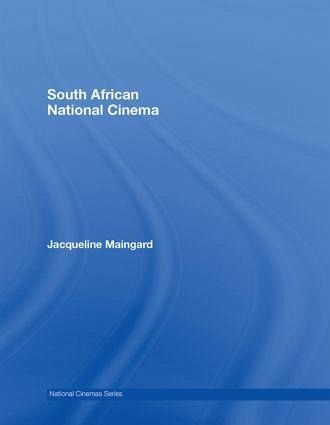
South African National Cinema
Versandkostenfrei!
Versandfertig in 1-2 Wochen
167,99 €
inkl. MwSt.
Weitere Ausgaben:

PAYBACK Punkte
84 °P sammeln!
"South African National Cinema "examines how South African films have represented national identities, especially with regard to race, across the twentieth century. Jacqueline Maingard critically analyzes particular films that engage questions of national and national identity, establishing interrelationships with key points in South Africa's history. Through detailed investigations of selected films, including De Voortrekkers at one end of the twentieth century and Mapantsula at the other, she discusses how South African cinema figures in the making, entrenching and undoing of apartheid. "Sou...
"South African National Cinema "examines how South African films have represented national identities, especially with regard to race, across the twentieth century. Jacqueline Maingard critically analyzes particular films that engage questions of national and national identity, establishing interrelationships with key points in South Africa's history. Through detailed investigations of selected films, including De Voortrekkers at one end of the twentieth century and Mapantsula at the other, she discusses how South African cinema figures in the making, entrenching and undoing of apartheid. "South African National Cinema "focuses on how early cinema screened "the colonial" and skewed the sense of nation in a way that both reproduced and helped construct a white national identity. It takes readers through the building of white Afrikaner nationalism in the 1930s and 1940s, the creation of black audiences, especially in the mines in the same period, and the cinematic production of black national identity. It takes readers through the building of white Afrikaner nationalism in the 1930s and 1940s, the creation of black audiences, especially in the mines in the same period, and the cinematic production of black identities in a group of films made between 1949 and 1959. Maingard examines anti-apartheid films of the 1980s and 1990s showing how shifting policies after the first democratic election in 1994 made it possible for the first time to imagine and begin to develop an inclusive national film culture.




